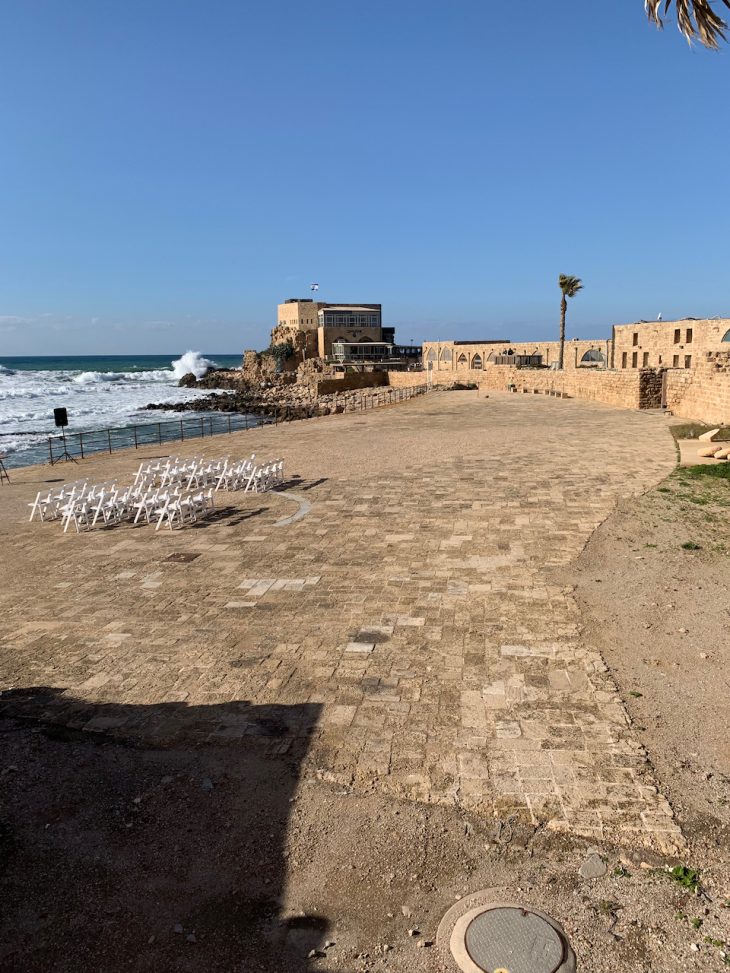1. Guarding the Tongue
Psalm 39:1
“I said, ‘I will guard my ways that I may not sin with my tongue; I will guard my mouth as with a muzzle while the wicked are in my presence.’”
David knows the tongue reveals the heart. He understands that holiness is practical, not poetic. The battle for godliness starts with what we say and what we choose not to say. Silence becomes an act of worship when it is surrender to God rather than frustration.
- We do not tame our tongues by force but by surrender of the heart.*
- The presence of the wicked is a testing ground for witness.*
- Sin is often first heard before it is seen.*
Daily Life: We must learn to pause before we speak, especially when emotions rise. Silence before God is strength, not weakness.
Seeing Jesus: Christ remained silent before His accusers (Isaiah 53:7). He teaches us that truth does not need panic to defend itself.
2. Silence Without Release
Psalm 39:2
“I was mute and silent, I refrained even from good, and my sorrow grew worse.”
Trying to hold pain inside without handing it to God does not heal—it festers. Religious restraint without surrender produces pressure, not peace.
- Suppressed sorrow becomes inward fire.*
- Good withheld becomes weight—not virtue.*
- Our souls are not healed by control but by communion with God.*
Daily Life: We must not bottle our grief. We bring it to God openly.
Seeing Jesus: Jesus wept (John 11:35). He dignifies our tears and calls us to bring our sorrow to Him.
3. The Burning Heart
Psalm 39:3
“My heart was hot within me, while I was musing the fire burned; then I spoke with my tongue.”
Meditation without God can become torment. The soul needs release—not in complaint to others, but in honest prayer to the Lord.
- Thoughts without God spiral downward.*
- The inward burn is a signal to seek God.*
- The right speech begins with speaking to God first.*
Daily Life: Before we vent to people, we must pray.
Seeing Jesus: Jesus teaches us to pray first, always to the Father before addressing men (Matthew 6:6).
4. Teach Me My Brevity
Psalm 39:4
“Lord, make me to know my end and what is the extent of my days; let me know how transient I am.”
This is not morbid reflection—it is holy clarity. Knowing our brevity frees us from pretending that this life is ultimate.
- Awareness of mortality humbles the proud.*
- We do not have time to waste.*
- Eternity gives meaning to today.*
Daily Life: We live more wisely when we remember that life is short.
Seeing Jesus: Jesus is the Eternal One who stepped into time so the temporary might know the eternal (John 1:14).
5. Life as a Breath
Psalm 39:5
“Behold, You have made my days as handbreadths, and my lifetime as nothing in Your sight; surely every man at his best is a mere breath.”
We measure our lives by strength, success, or achievement. God measures by dependence, trust, and obedience.
- The greatest human glory fades like mist.*
- Strength is not security.*
- We have nothing lasting apart from God.*
Daily Life: We stop clinging to what fades and cling instead to God.
Seeing Jesus: Jesus is the Breath of Life who gives eternal significance to our transient days (John 6:35).
6. The Futility of Striving
Psalm 39:6
“Surely every man walks about as a phantom; surely they make an uproar for nothing; he amasses riches and does not know who will gather them.”
Life without God becomes busy emptiness. Accumulation cannot secure purpose. Wealth cannot anchor the soul.
- Motion is not meaning.*
- Noise is not life.*
- Ownership without surrender is illusion.*
Daily Life: We must examine what we chase—and why.
Seeing Jesus: Jesus told of the man who built bigger barns and lost his soul (Luke 12:16–21). Only Christ gives our labor meaning.
7. Hope in God Alone
Psalm 39:7
“And now, Lord, for what do I wait? My hope is in You.”
Hope must be placed, not felt. Hope is a decision of trust, not a mood shift.
- Many live waiting for something rather than Someone.*
- Hope mislaid becomes despair.*
- God is the only safe object of hope.*
Daily Life: We anchor our expectations in God, not outcomes.
Seeing Jesus: Jesus is our living hope (1 Peter 1:3). All hope culminates in Him.
8. Deliver Me From Myself
Psalm 39:8
“Deliver me from all my transgressions; make me not the reproach of the foolish.”
Our deepest problem is not what happens to us, but what happens inside us. We do not merely need rescue from sorrow—we need rescue from sin.
- Sin is heavier than suffering.*
- The believer cries not for excuses but for cleansing.*
- Only God can remove the guilt we cannot carry.*
Daily Life: Confession restores joy. We must practice repentance daily.
Seeing Jesus: Jesus is the Lamb who takes away the sin of the world (John 1:29).
9. Surrendered Silence
Psalm 39:9
“I have become mute, I do not open my mouth, because it is You who have done it.”
This silence is no longer strain—it is surrender. David now trusts God’s hand in his affliction.
- God’s discipline is love, not rejection.*
- Trust is expressed not always by speech but by stillness.*
- Worship may sound like silence.*
Daily Life: We learn to stop arguing with God and start submitting to Him.
Seeing Jesus: Jesus was silent before His accusers because He trusted the Father’s plan (Matthew 26:63).
10. The Pilgrim Life
Psalm 39:12
“Hear my prayer, O Lord, and give ear to my cry; do not be silent at my tears; for I am a stranger with You, a sojourner like all my fathers.”
We are passing through. Home is not here. Tears are part of the pilgrimage—but God walks with us.
- The believer is never truly home in this world.*
- Tears speak prayers words cannot carry.*
- God bends to hear the cries of His children.*
Daily Life: We live lightly in this world, walking toward another.
Seeing Jesus: Jesus is the Home we long for (John 14:2–3). He is our destination, our rest, our joy.
How Then Shall We Live
We learn to slow our speech and listen for God before we react. We walk with a sense of holy brevity, knowing our days are gifts and not guarantees. We resist the pull to chase what fades and instead invest our lives in what endures: the love of Christ, obedience to His Word, and service to others. We confess sin quickly, trusting that Christ’s blood is sufficient for every stain. We carry our sorrows to God rather than carrying them alone. We remember that we are pilgrims, passing through, pressing toward the city not made with hands. And we place all our hope in Christ, whose life is our life, whose cross is our peace, and whose return is our joy.
Pilgrims of Breath
Speech rests behind the lips until the heart is quiet.
The tongue learns honesty in the presence of God.
Pain is not wasted when it is opened before Him.
Silence can be surrender instead of strain.
The soul breathes again when it is heard.
Days slip through the fingers like dust in sunlight.
Everything seen bends toward fading.
Nothing built on self can stand for long.
Eternity presses on the present moment.
The heart awakens when it remembers its end.
Meaning is not gathered by owning or keeping.
Noise and movement cannot fill the emptiness.
Only the One who made time can steady the soul.
The unseen outweighs what appears solid.
Rest is found where striving ends.
Sin bends the will and bruises the spirit.
Forgiveness comes from the Lamb who does not turn away.
Mercy has no locked door for the penitent.
The burden lifts when confession is spoken.
Love remains after failure has been named.
This world is not the home of the redeemed.
Tears mark the road, but they do not mark the destination.
The Traveler is not abandoned on the journey.
Christ meets the longing with Himself.
The way leads toward His face.
Christ entered our dust and measured our days with us.
He carried weakness without sin and sorrow without despair.
His silence before judgment redeemed our restless tongues.
His death broke the final boundary of breath.
Life Himself now walks every step of our pilgrimage.


